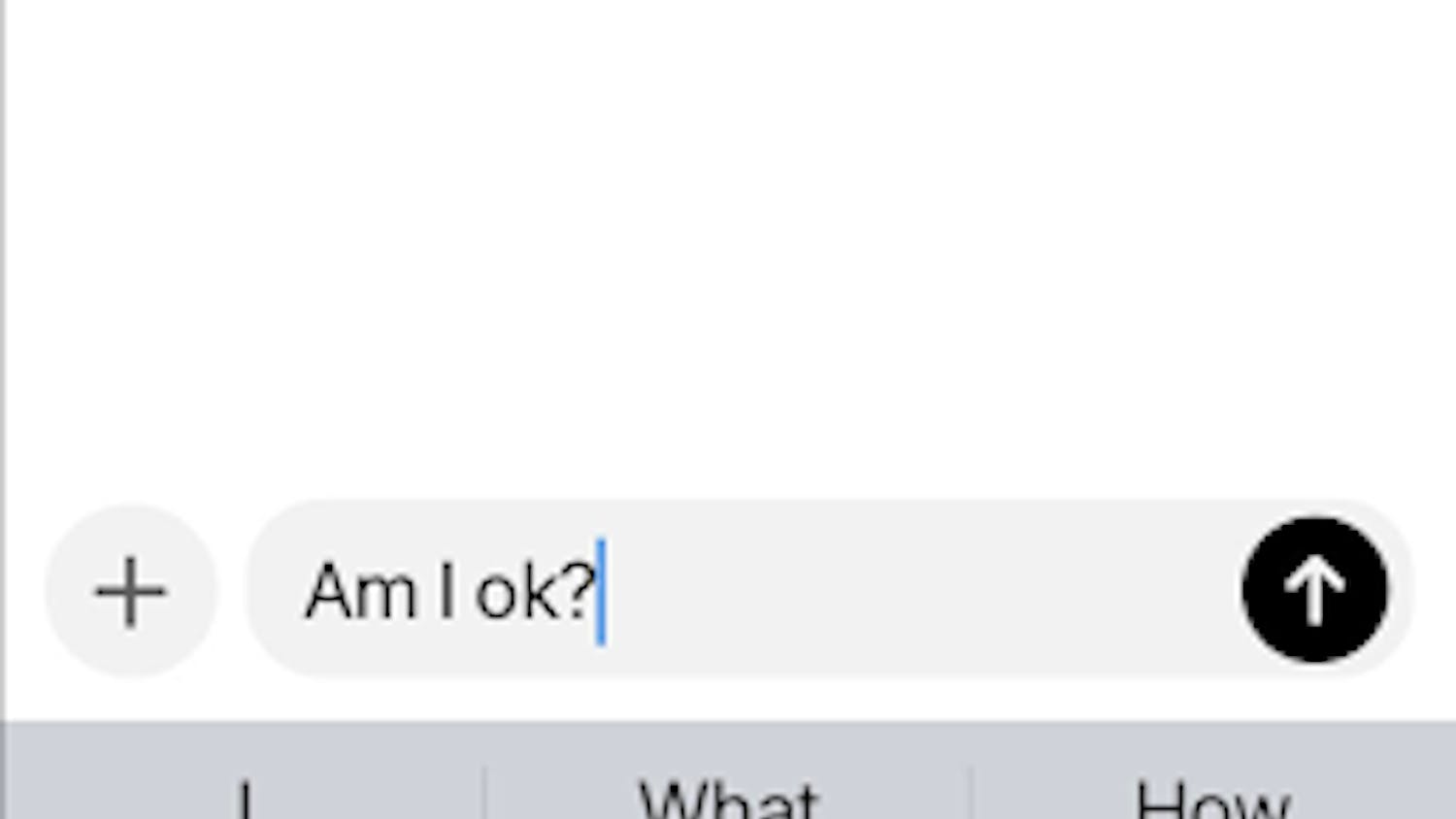The next time you hit your head on one of the campus's low shower heads or get frustrated when you can't open your window all of the way, think about this: suicide is a leading cause of death among college students, and was already declared a national problem.
According to the American Federation for the Prevention of Suicide (AFPS), suicide is the third-leading cause of death among Americans between the ages of 15 and 24.
It is a leading cause of death among 19-to-24-year-olds, second only to traffic accidents.
Junior marketing major, Lauren Conroy said, "It's understandable because after traffic accidents, what other reason would be a major cause of death for people in that age group? It is not common for heart attacks and fatal illness at our age."
The suicide rates for this age group are higher for those enrolled in college than those who are not, according to AFPS. Larry Gage, counseling psychologist and assistant director for counseling at the College disagrees.
At the college level, "suicide is half what it is for people the same age who do not attend college," Gage said.
According to Gregory Snodgrass, president of the Association of University and College Counseling Center Directors (AUCCCD), a 1997 study of college student suicide conducted by Mort Silverman and others support the same conclusion.
There are several suggested reasons for the high suicide rate. According to the National Institute of Mental Health (NIMH), 90-95 percent of suicides are a result of mental illness, the most prevalent of which is depression.
Gage disagrees. "I would estimate the percentage with prior mental illness to be a little lower than the familiar 90-95 percent figure," he said.
"In this age group, many of the successful suicides are impulsive acts with substance abuse present, he added. "Depression is a precursor in most suicides, so we work to identify depression in out clientele and respond to it when it surfaces."
The college lifestyle could be a factor in the suicide rate. Depression and mood disorders have an average onset around the ages of 18-to-25. These are heightened by the stress of college and the alcohol and drugs experimentation that can occur at this time.
"It's just so overwhelming," Conroy said. "You're moving away from home, need to worry about finding a job when you graduate, classes are hard. It's a lot to deal with."
Cultural factors could also explain the increase in the suicide rate. Today's American, particularly the younger generations, have more difficulty finding something that gives purpose and meaning to their lives. Additionally, religion and family, areas that had transmitted meaning and purpose before, no longer hold the same value.
In 1997, the Senate passed Resolution 84, which declared suicide a national problem. The next year, the House of Representatives passed a similar resolution. Both resolutions passed unanimously.
As awareness of the problem has grown, especially among college students, there have been different programs implemented in colleges and universities.
The American Foundation for Suicide Prevention (AFSP) recently launched the College Screening Pilot. This is program is aimed at identifying college students who are at risk for suicide and encouraging them to get the help they need.
The program begins with a confidential, on-line questionnaire that is then evaluated by a trained counselor. Each student will receive a personalized reply and those who are deemed at risk are encouraged to come in for a face-to-face evaluation and to seek appropriate medical action.
A documentary film that features students who have either dealt with suicide depression or have lost a peer to suicide will also be included in the pilot program. This addition will begin in 2004.
When asked how effective he felt this program could be, junior math major Kristofer Disharoon said, "It certainly couldn't hurt. As much as we as humans like to think that we understand everything about ourselves and the way we function, trained professionals probably understand better. I just hope that people will take the initiative to take the questionnaire."
Information from educationalupdate.com, afsp.org, healthyliving.allinfo-about.com/suicide.html, boundless.org






